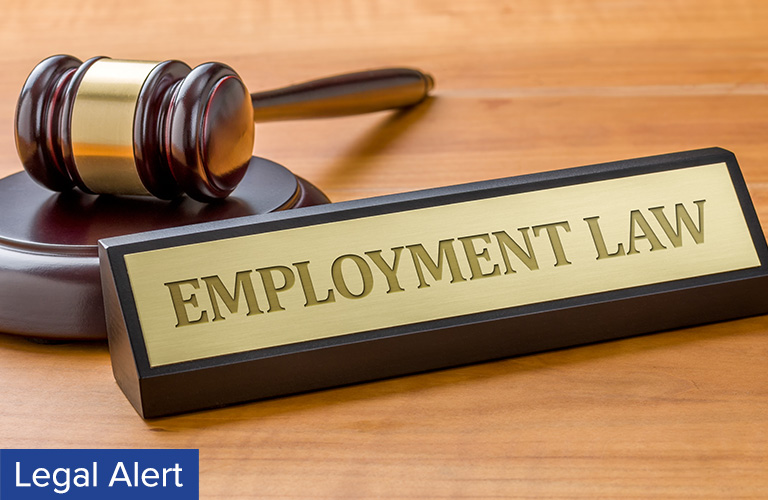
On December 13, 2019, the NLRB announced modified representation case procedures that reverse some of the onerous requirements that went into effect in April 2015. This new rule will take effect 120 days from the announcement. Three of the significant changes in the rule include:
▪ Notice of Petition for Election: Employers will now have five business days, instead of two business days, to post and distribute the Notice of Petition for Election.
▪ Pre-Election Hearing: The pre-election hearing will now be scheduled 14 business days from the service of the notice of hearing, instead of the current up to eight calendar days.
▪ Election Date: The election cannot be scheduled less than 20 business days from the date that the NLRB directs the election unless the parties mutually consent.
This rule change will significantly extend the time between the representation petition and election so employers do not have to scramble to communicate with their employees as they did under the previous rule.
On December 16, 2019, in Valley Hospital Medical Center, Inc. d/b/a Valley Hospital Medical Center, 368 NLRB No. 139 (2019), the NLRB overruled the 2015 changes governing the employer’s dues checkoff obligations, and it returned to a 1962 decision that permitted an employer to stop the dues checkoff when a collective bargaining agreement expired. The decision marks a return to the NLRB’s previous logical position—if a contract expires, so does an obligation under it.
On December 17, 2019, the National Labor Relations Board (“NLRB”) issued a decision reversing Banner Estrella Medical Center, 362 NLRB 1108 (2015), and held that confidentiality rules prohibiting employees from discussing ongoing workplace investigations are lawful. Prior to this decision, NLRB precedent required a case-by-case review of confidentiality rules to determine if there was a violation of employees’ right to organize.
In this decision, the NLRB reviewed a policy that prohibited employees from having unauthorized discussions about workplace investigations and required employees to maintain the confidentiality of workplace investigations. Ultimately, the Board held that the retailer’s “[b]usiness justifications for maintaining its rules requiring confidentiality for the duration of an open investigation outweigh any comparatively slight impact on the employees’ Section 7 rights.”
If employers decide to adopt such confidentiality rules, they should explicitly limit the applicability of any policy to the duration of open investigations. The NLRB holding only applies to confidentiality rules that are “limited to the duration of open investigations.” The Board held that confidentiality rules that are not limited in duration will still have to be reviewed on a case-by-case basis to determine their lawfulness.
The second decision issued on December 17th, Caesars Entertainment d/b/a/ Rio all-Suites Hotel and Casino, 368 NLRB No. 143, reestablished the right of an employer to restrict employees from using its e-mail system if it did so without discriminating against the union or other protected concerted communications. This holding means that employees do not have a statutory right to use employers’ e-mail and other resources to engage in non-work-related communications.
If you have any questions regarding this decision or its impact, please contact your Labor and Employment Counsel at Smith, Gambrell & Russell, LLP.

